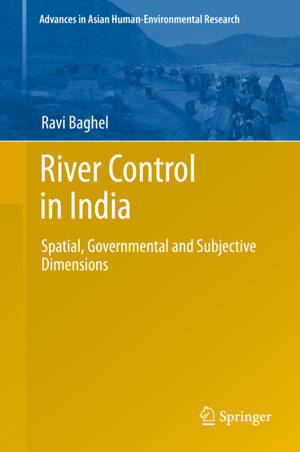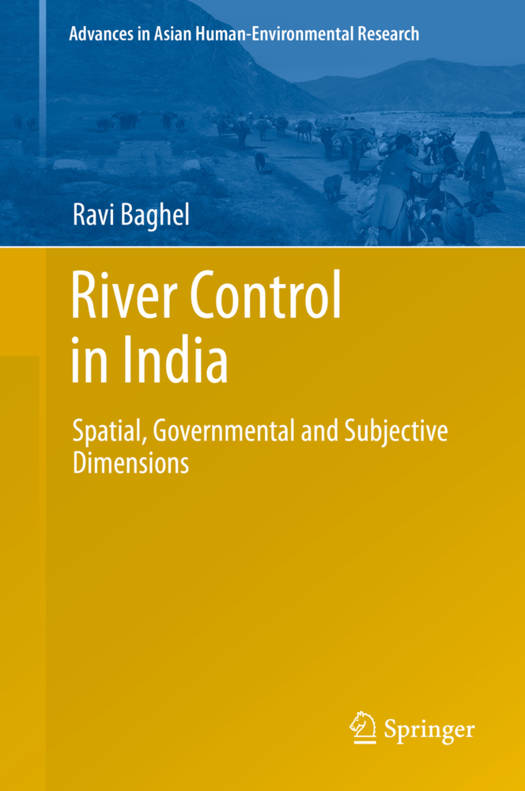
Bedankt voor het vertrouwen het afgelopen jaar! Om jou te bedanken bieden we GRATIS verzending (in België) aan op alles gedurende de hele maand januari.
- Afhalen na 1 uur in een winkel met voorraad
- In januari gratis thuislevering in België
- Ruim aanbod met 7 miljoen producten
Bedankt voor het vertrouwen het afgelopen jaar! Om jou te bedanken bieden we GRATIS verzending (in België) aan op alles gedurende de hele maand januari.
- Afhalen na 1 uur in een winkel met voorraad
- In januari gratis thuislevering in België
- Ruim aanbod met 7 miljoen producten
Zoeken
€ 167,95
+ 335 punten
Uitvoering
Omschrijving
Large river systems throughout the planet have been dramatically transformed due to river control projects such as large dams and embankments. Unlike other major human impacts like anthropogenic climate change, the alteration of river systems has been deliberate and planned by a small, powerful set of experts. Taking India as a case study, this book examines the way experts transform the planet through their discourse by their advocacy of river projects. This book identifies the spatial aspects of the norms through which the ideal river and the deficient river in need of control are produced. The role of governmental rationality in explaining the seemingly irrational and counter-productive effects of large projects like Kosi river embankments is considered. Finally using autobiographical material, the subjectivity of expert advice is examined, questioning its presumed objectivity. By examining the different subjective stances arising from the same body of expertise, this book discussesthe consequences this has for river control specifically and for the relation between expertise and environmental change in general.
Specificaties
Betrokkenen
- Auteur(s):
- Uitgeverij:
Inhoud
- Aantal bladzijden:
- 165
- Taal:
- Engels
- Reeks:
Eigenschappen
- Productcode (EAN):
- 9783319044316
- Verschijningsdatum:
- 27/02/2014
- Uitvoering:
- Hardcover
- Formaat:
- Genaaid
- Afmetingen:
- 156 mm x 234 mm
- Gewicht:
- 435 g

Alleen bij Standaard Boekhandel
+ 335 punten op je klantenkaart van Standaard Boekhandel
Beoordelingen
We publiceren alleen reviews die voldoen aan de voorwaarden voor reviews. Bekijk onze voorwaarden voor reviews.









